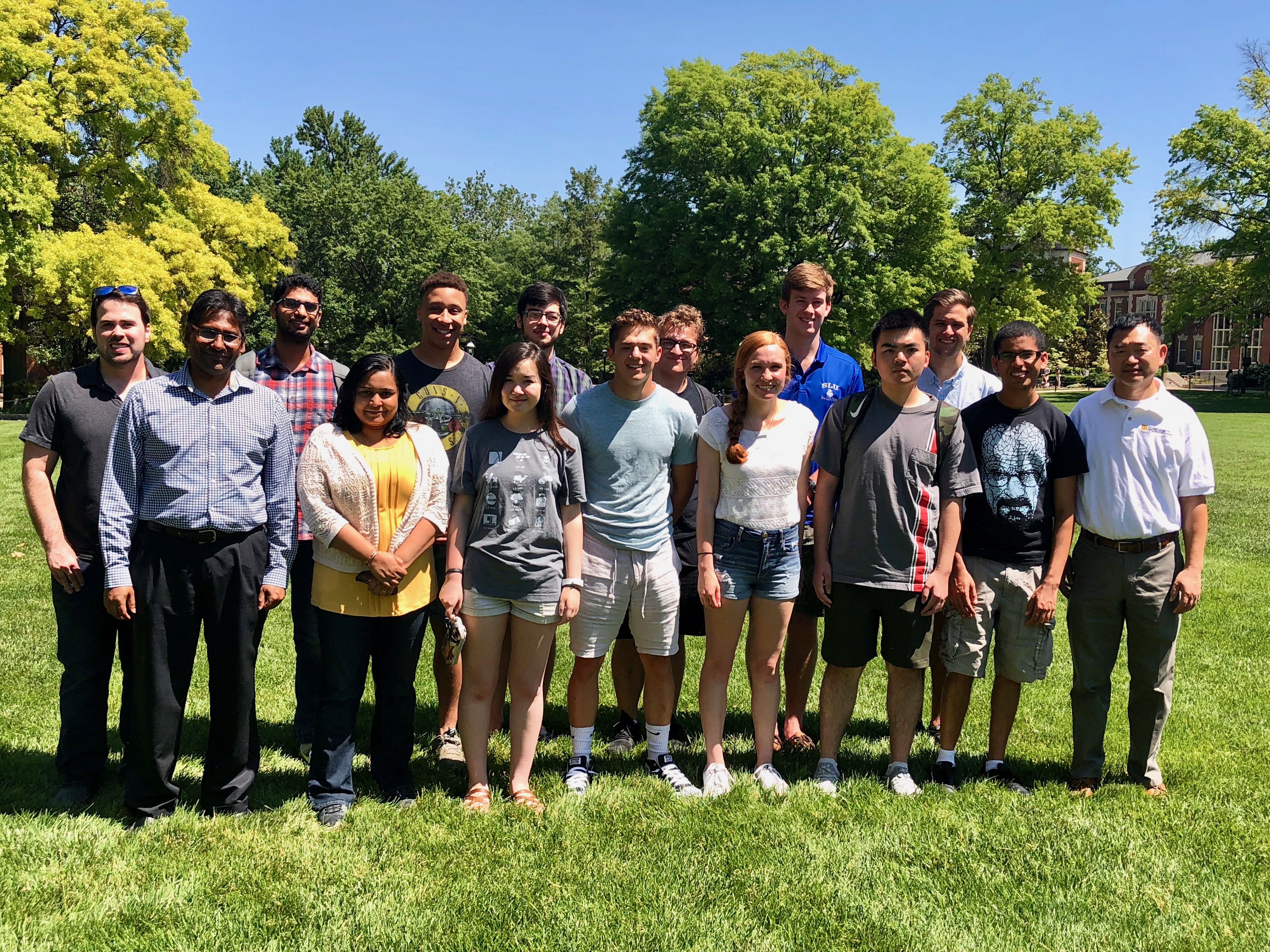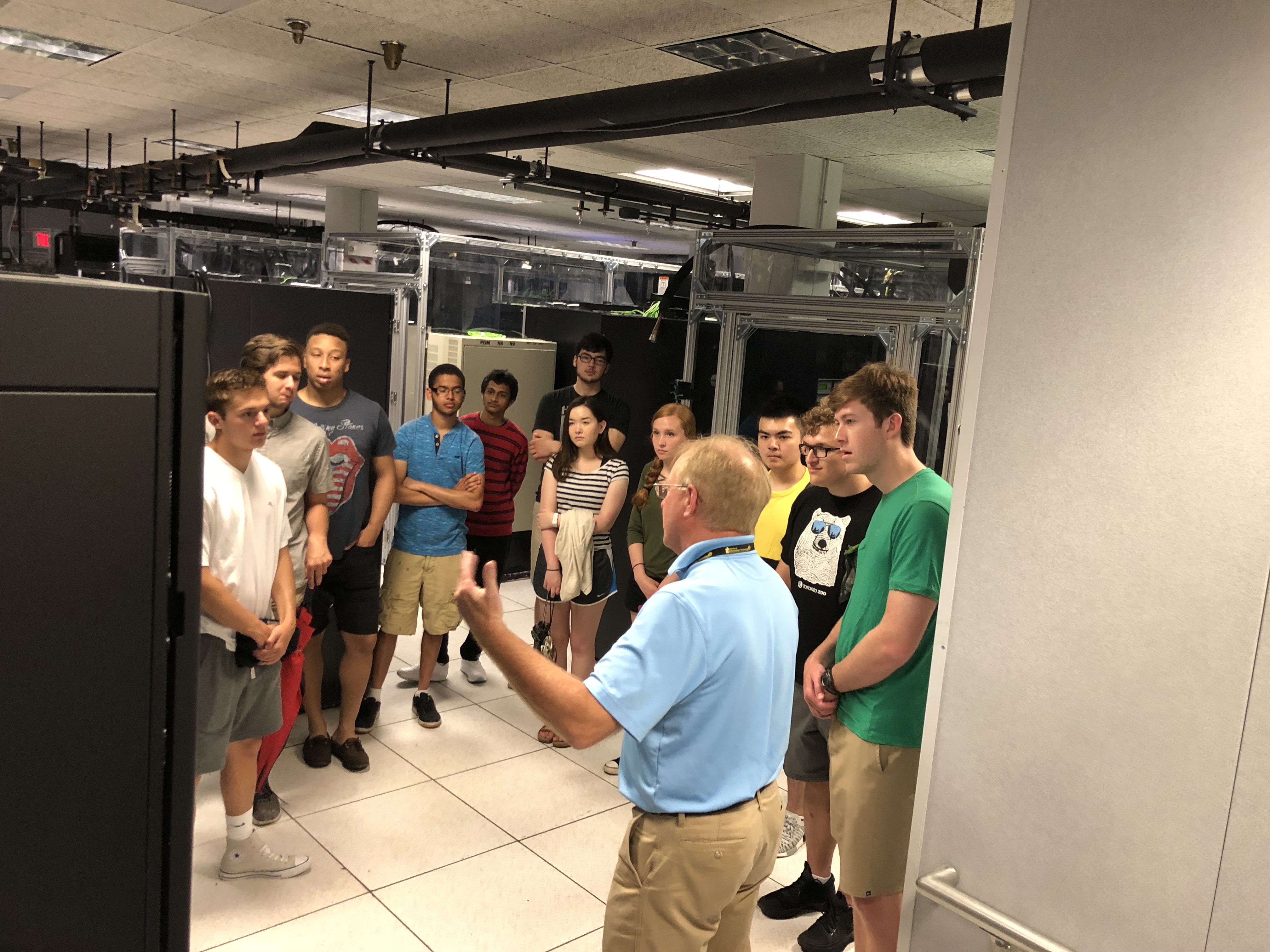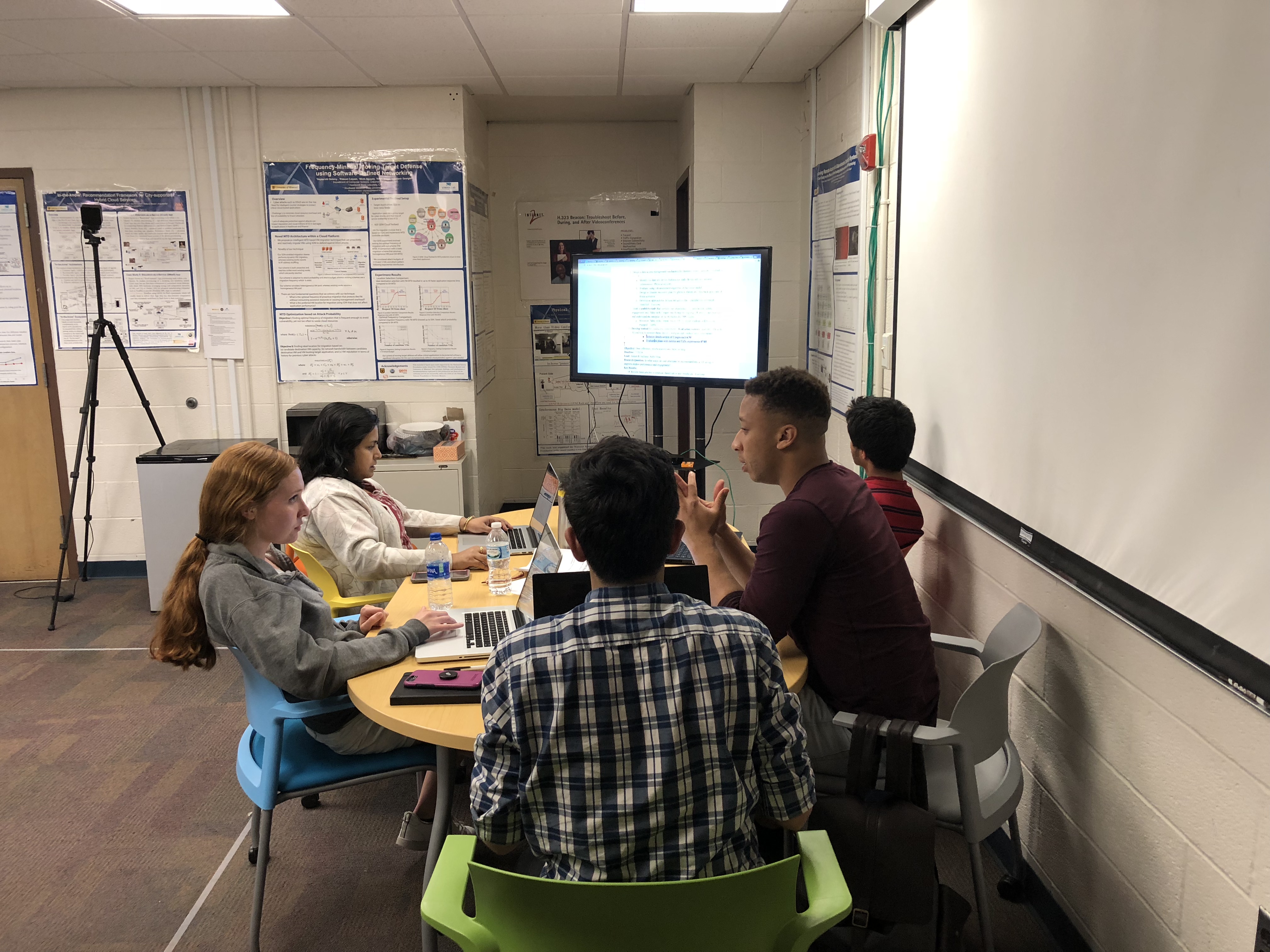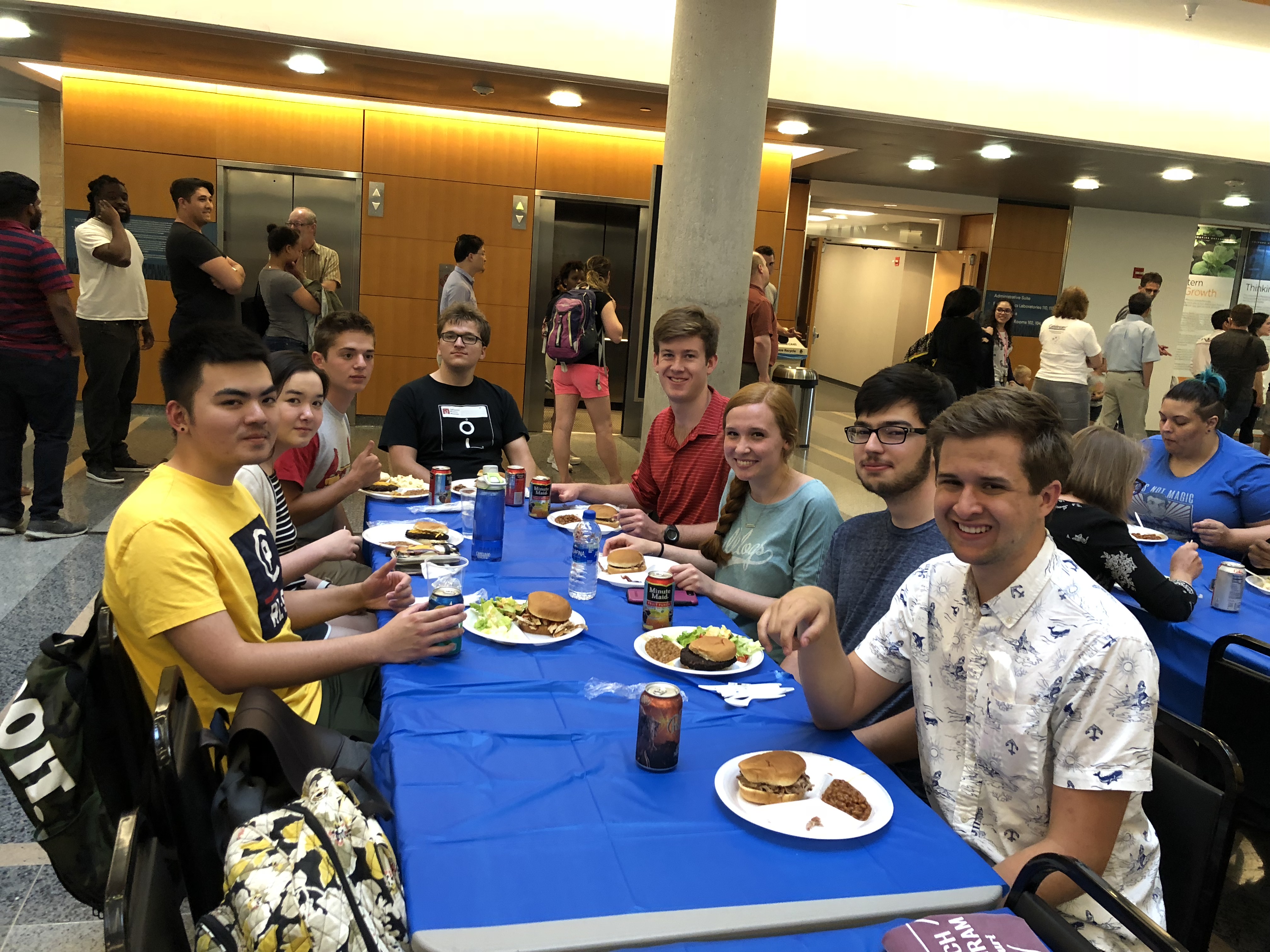REU 2018
Program Overview:
The 2018 REU program is funded by the NSF and designed to bring together undergraduate students from different universities to work together on research projects. At the end of the ten week program, each project group prepares a poster, a research paper, and a final presentation.Program duration: 5/21/2018 (Monday) - 7/27/2018 (Friday)
Faculty mentors:
Dr. Prasad Calyam is an Assistant Professor in Computer Science with MU’s EECS Department. He has extensive research experience on cloud computing, network virtualization, multimedia applications, and network measurement. He has published over 85 peer-reviewed publications in reputed conferences and journals, and has led development of several open-source software packages. He is a Senior Member of IEEE. His research sponsors include: NSF, DOE, VMware, Cisco, Dell, Verizon, IBM, Huawei, Internet2, and others.
Dr. Yi Shang is the Director of Graduate Studies and Associate Chair in Computer Science with MU’s EECS Department. He has extensive research experience on wireless sensor networks, mobile computing, and artificial intelligence, and has published over 160 journal and conference papers and received 6 patents. He has graduated 7 Ph.D. students and 43 M.S. students and supervised 40 undergraduate researchers. He is currently supervising 7 Ph.D., 6 M.S. students, and 4 undergraduate students. His research has been supported by NSF, NIH, US Army, DARPA, Microsoft Research, and Raytheon.
Dr. Marjorie Skubic is the Director of the MU Center for Eldercare and Rehabilitation Technology (CERT), with projects funded by the NSF, NIH, NLM, AHRQ, and U.S. Administration on Aging. Several CERT projects have focused on monitoring older adults through a network of sensors placed in the home including PIR motion sensors, a bed sensor that captures pulse, respiration, and sleep restlessness, and gait analysis systems using Kinect depth cameras, webcams, and radar. She has published over 230 papers.
Dr. Zhihai He is the Director of Video Processing and Networking Laboratory (VPNL), with projects funded by NSF, TCL Research, Army Research Lab, National Geospatial Intelligence Agency, and NIH. He is an IEEE Fellow. His research covers image/video processing, coding and network communication, applications in ecological observations, and smart sensor networks. He is currently supervising 6 Ph.D. and 3 M.S. students. He will mentor REU projects on his latest research on wearable devices for real-time monitoring of brain and body signals related to cognition and emotion, and on using virtual reality technologies for creating immersive learning environments.
Evaluator, Dr. Jane Howland is a Teaching Professor and the Learning Technologies Program Director for the School of Information Science & Learning Technologies. She leads the evaluation of this REU project.
Graduate Student Coordinator:
Arjun Chandrashekara received his BTech degree in
Computer Science from Sri Siddhartha Institue of Technology,
India. He is currently a graduate student at University of
Missouri- Columbia, pursuing masters in Computer Science. His
current research interests include Cloud Computing,
recommenders, expert systems and cognitive UI development.
Email: aacwb@mail.missouri.edu
Contact No.:
+1 573-639-3762
Student Researchers:
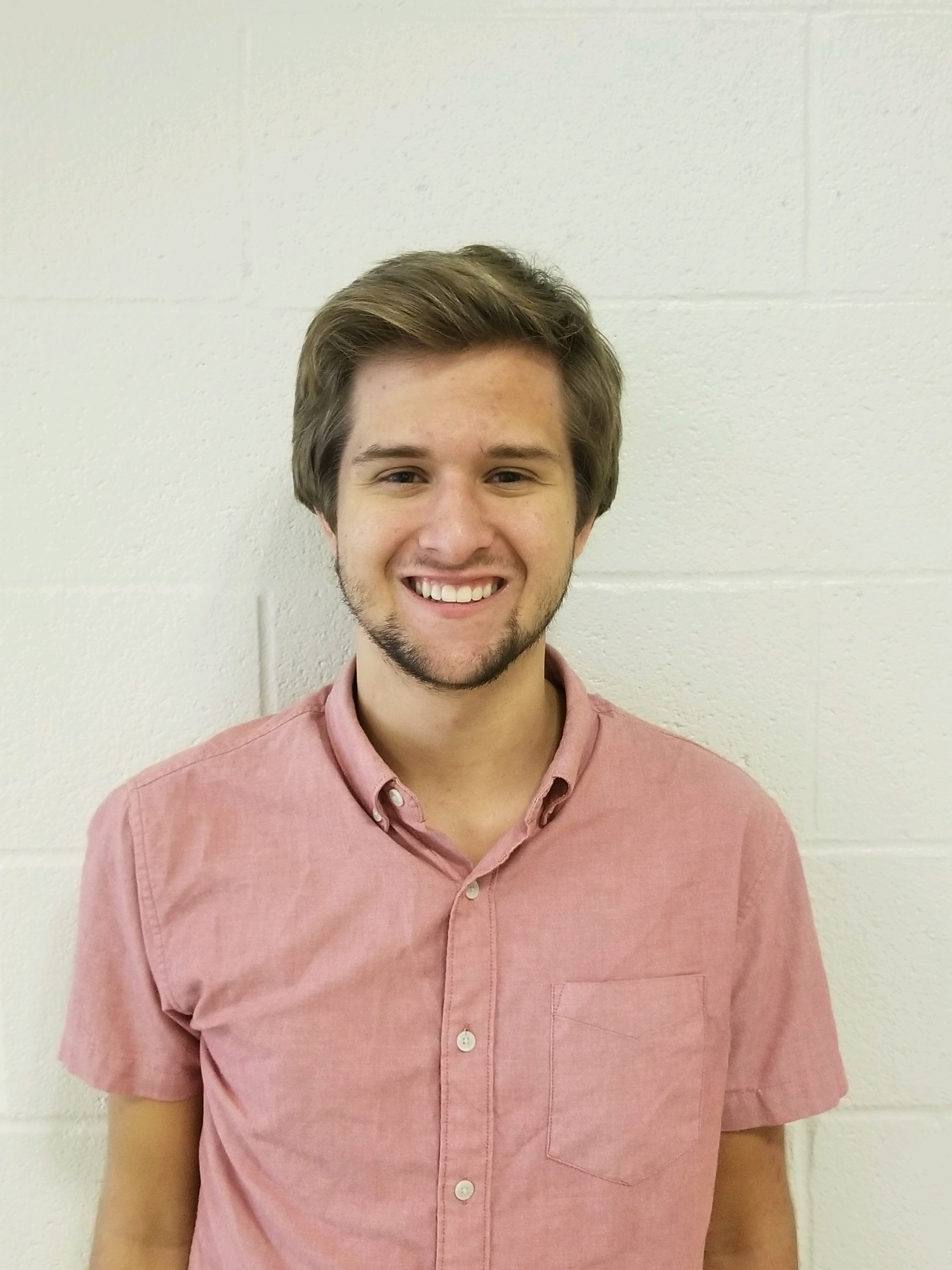
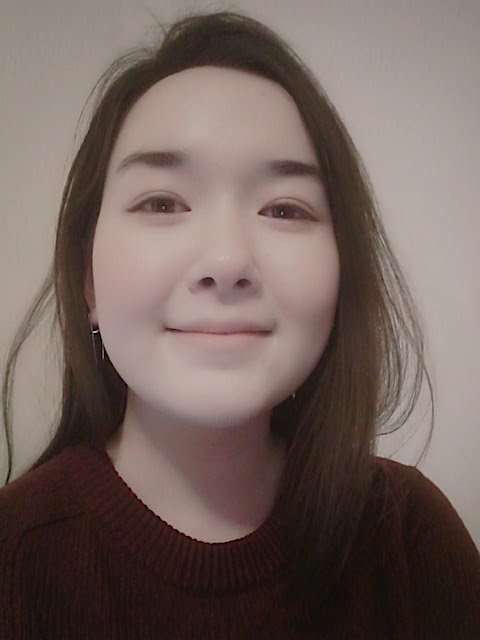
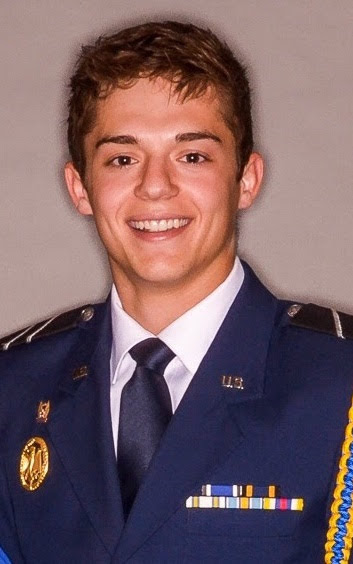
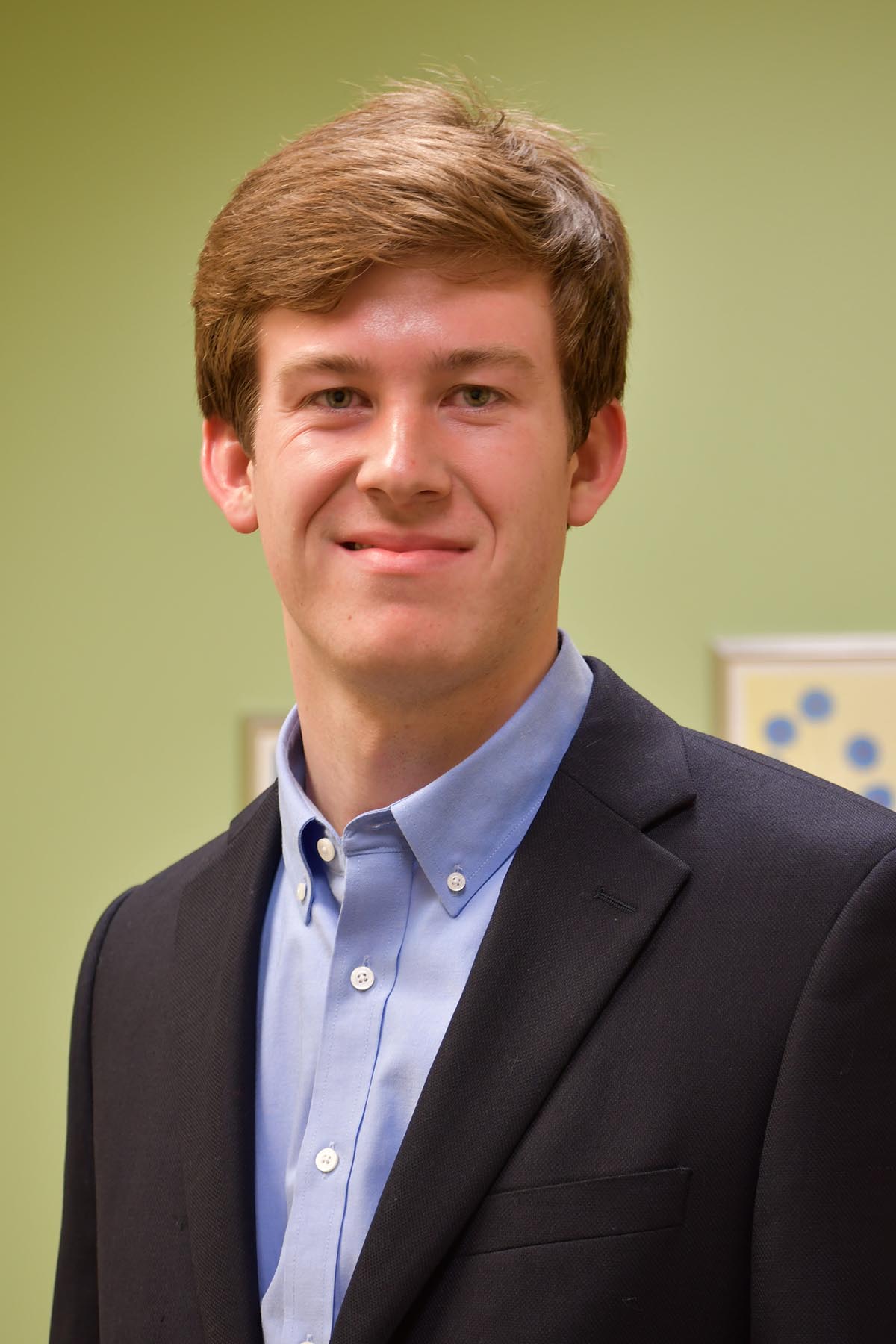
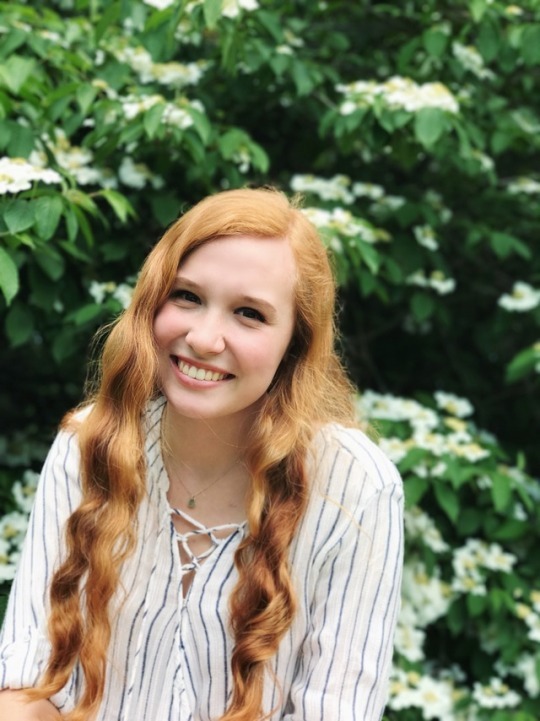
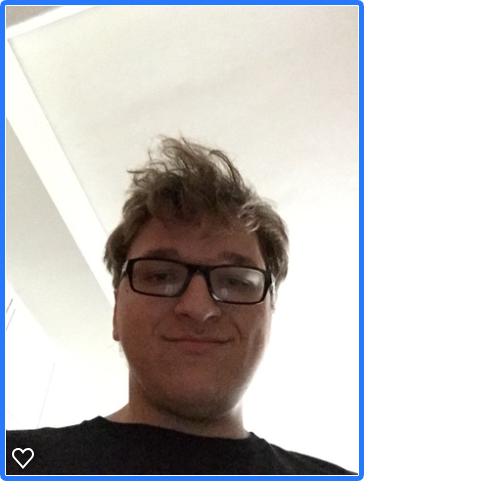
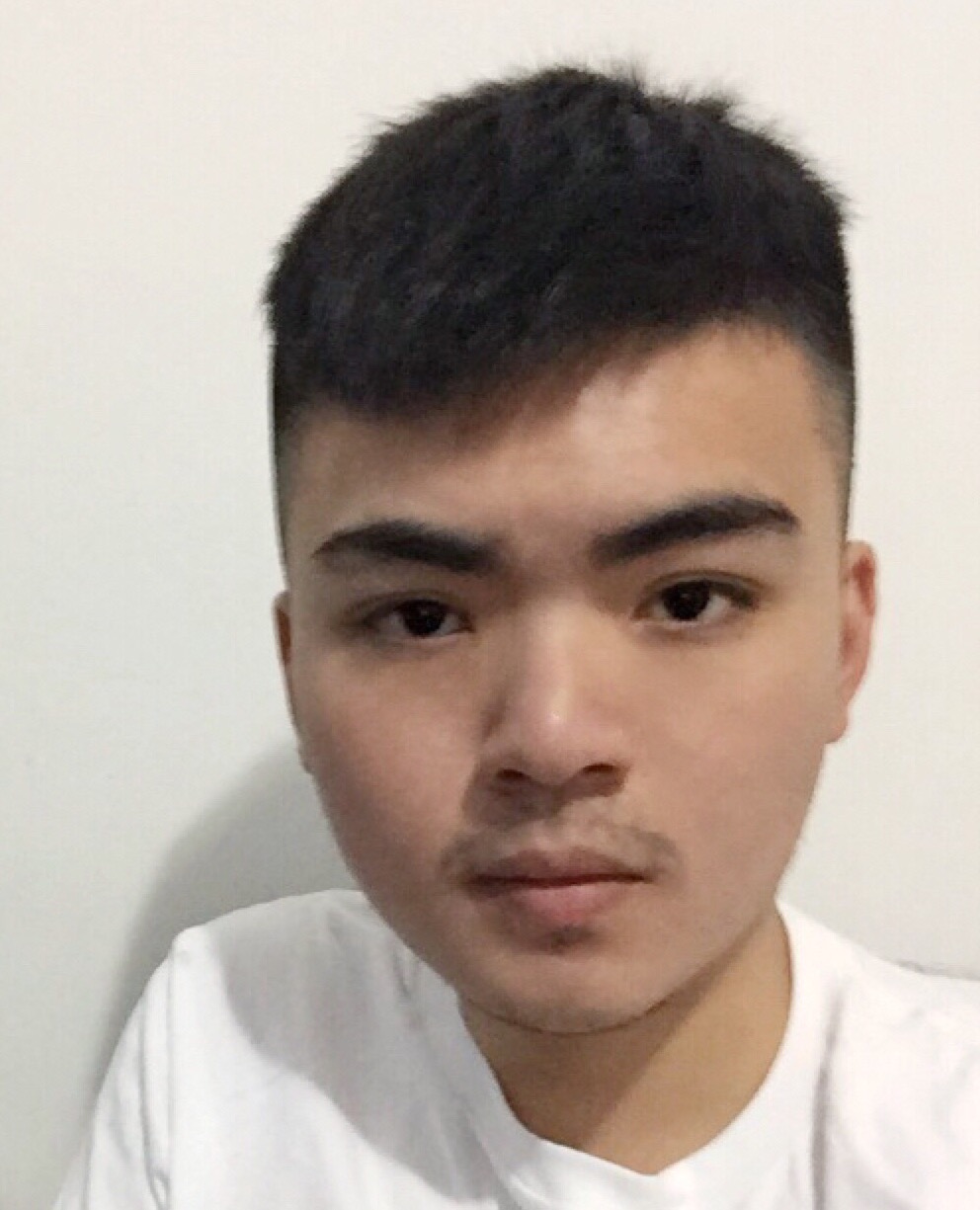
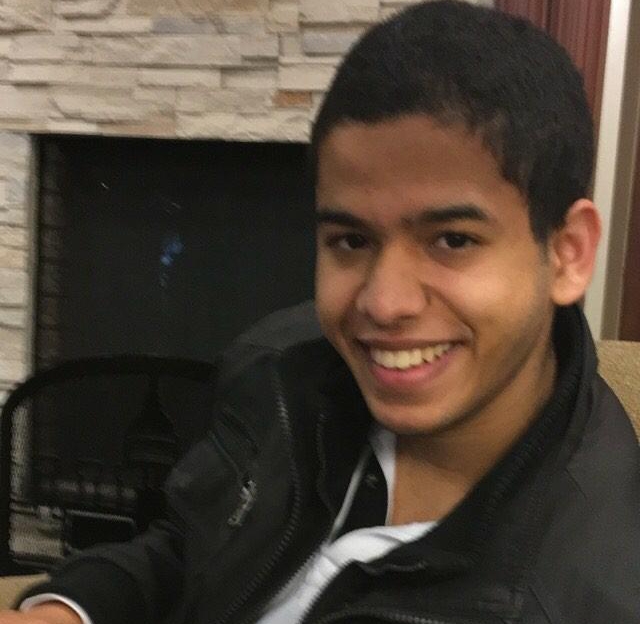
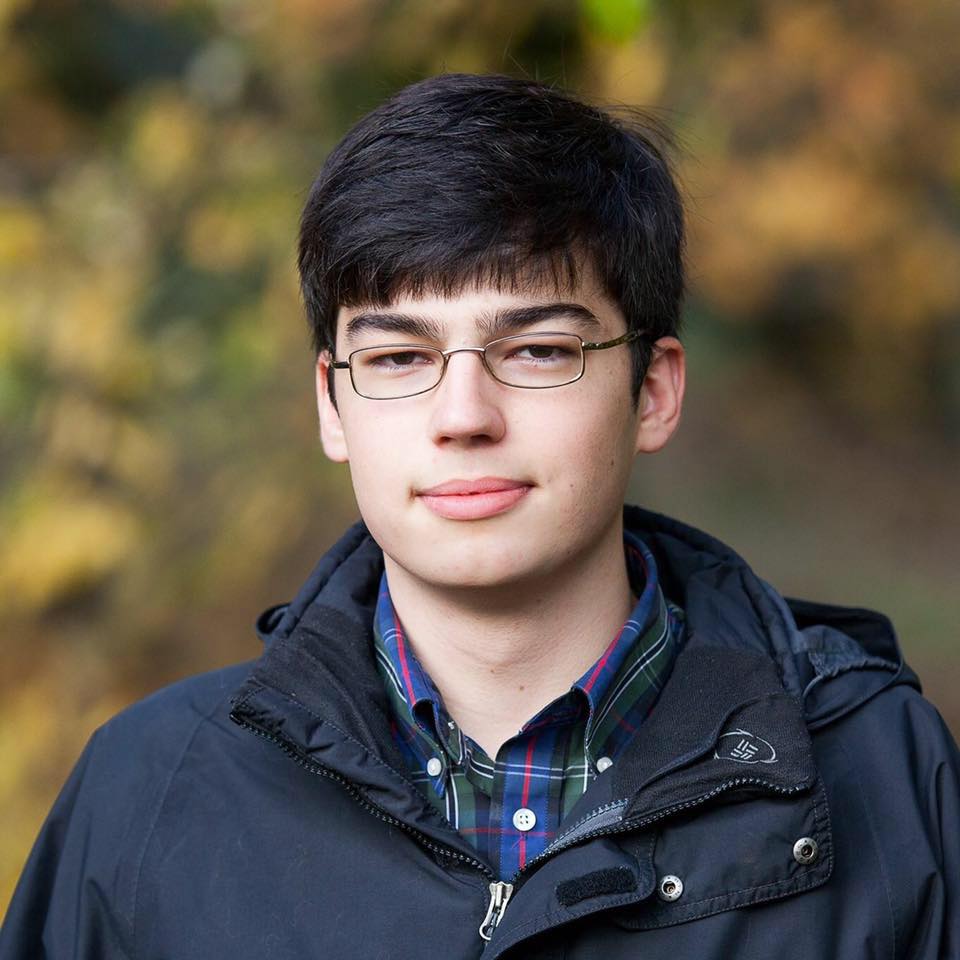
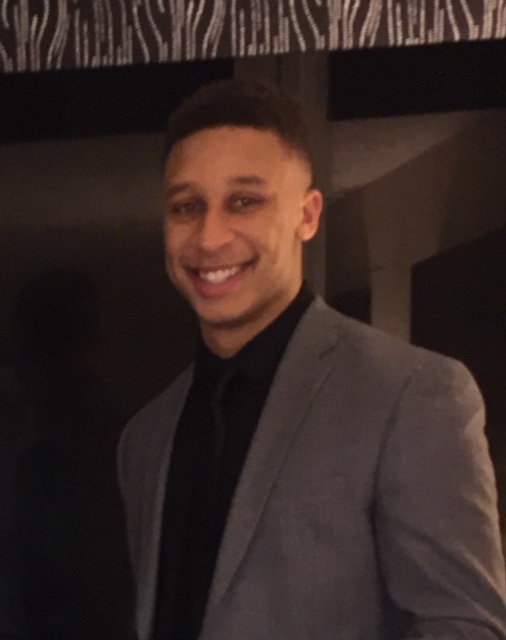
Program Schedule:
- MTuThF: 8 hours, 9am-12pm and 1-6pm in the office or in a lab.
- Wednesday: 4 hours in the office or in a lab, and 4 hours for exploration.
- You are required to sign up a time sheet posted at the office every day.
Weekly research journal of each team due: 5pm every Friday - report daily research activities.
Schedule
| DATE | TIME | ACTIVITY | LOCATION |
|---|---|---|---|
| 5/21 Monday |
10:00 am - 1:00 pm
1:00 pm - 5:00 pm |
Orientation & Welcome(followed by Program Lunch)
Pre-survey, paperwork, self-study |
Naka 222 |
| 5/22 Tuesday |
10:30 am - 12:00 pm | Why & how to do research by Dr. Calyam(followed by lab tour) | Naka 222 |
| 5/23 Wednesday |
10:30 am - 12:00 pm
2:00 pm - 3:00 pm |
Video Processing and Communication Technologies
in Wireless Vision Sensor Networks by Dr. He(followed by lab
tour)
Software Defined networking by Dr. Calyam |
Naka 222 |
| 5/24 Thursday |
10:00 am - 12:00 pm
3:00 pm - 4:30 pm |
Mobile Computing and Machine Learning in Bioinformatics by Dr. Shang(followed by lab tour) |
Naka 222 |
| 5/25 Friday |
10:00 am - 12:00 pm | REU Project Presentations by REU mentors (Check your BOX account for related materials) |
Naka 222 |
| 5/29 Tuesday |
10:00 am - 12:00 pm | Weekly program meeting - project assignment. All graduate mentors are encouraged to attend. led by Dr. Calyam |
Naka 222 |
| 5/30 Wednesday |
3:00 pm - 4:00 pm | Eldercare and Rehailitation Technology for Better Health by Dr. Skubic(followed by lab tour) | Naka 222 |
| 5/31 Thursday |
1:00 pm - 3:00 pm | MU Data Center Tour (Dr. Calyam) |
920 S. College |
| 6/5 Tuesday |
10:00 am - 12:00 pm | Weekly program meeting: Team project presentation (project goals, milestones, OKRs, initial literature survey results) led by Dr. Calyam |
Naka 222 |
| 6/7 Thursday |
7:30 am - 8:30 am | Visit and speak at Columbia Public
Schools EEE summer school, grades 6-8 (Ms. Heidi Barnhouse. HBarnhouse@cpsk12.org) |
West Middle School (401 Clinkscales Rd, Columbia) |
| 6/12 Tuesday |
10:00 am - 12:00 pm | Weekly program meeting led by Dr. He |
Naka 222 |
| 6/19 Tuesday |
10:00 am - 12:00 pm | Weekly program meeting led by Dr. He |
Naka 222 |
| 6/26 Tuesday |
10:00 am - 12:00 pm | Weekly program meeting by Dr. Skubic |
Naka 222 |
| 7/3 Tuesday |
10:00 am - 12:00 pm | Weekly program meeting- Midterm presentation Midterm report in IEEE latex style due led by Dr. Skubic; Complete midterm self-assessment |
Naka 222 |
| 7/10 Tuesday |
2:00 pm - 4:00 pm | Weekly program meeting (Abstract Submission for Poster Forum) led by Dr. Shang |
Naka 222 |
| 7/17 Tuesday |
2:00 pm - 4:00 pm | Weekly program meeting led by Dr. Shang |
Naka 222 |
| 7/20 Friday |
9:00 am - 11:00 am | Power Plant tour (Ms. Joetta Connell, ConnellJ@missouri.edu; muccfemoffice@missouri.edu) |
Mizzou Power Plant (417 South Fifth St., Columbia) |
| 7/25 Wednesday |
2:00 pm - 4:00 pm | Final presentation Final report in IEEE latex style due led by Dr. Calyam and Dr. Shang; Complete final self-assessment |
Naka 222 |
| 7/26 Thursday |
10:00 am - 3:30 pm | Poster
Forum (MU Summer Undergraduate Research and Creative Achievements Forum) |
Christopher S. Bond Life Sciences Center |
| 7/27 Friday |
10:00 am - 12:00 pm | Post-survey, wrap-up Program lunch |
Naka 222 |
NOTE: We encourage students to consider submitting their final project reports as papers (full papers, or short papers) to venues such as: the annual National Workshops for REU Research in Networking and Systems (REUNS), IEEE CCNC, IEEE ICNC, IEEE NCA and others with July/August 2018 deadlines.
MU campus-wide summer activities included
in and paid for by our REU program (Contact: Katie Hays, haysk@missouri.edu)
 Intern/mentor BBQ
(student & mentor)
Intern/mentor BBQ
(student & mentor)
 Evening Seminars
Evening Seminars
 MU Summer Forum
participation
MU Summer Forum
participation
 Farewell picnic
(student & 3 guests)
Farewell picnic
(student & 3 guests)
 Newsletters, copies &
office supplies
Newsletters, copies &
office supplies
Resources
Computer networks basics
Research advice
Software-Defined Networking related materials
- Watch Software Defined Networking
- GENI https://www.geni.net
- Open Networking Foundation https://www.opennetworking.org
- http://faculty.missouri.edu/calyamp/publications/geni-cclabs-gree14.pdf
- http://faculty.missouri.edu/calyamp/publications/vdc-analyst-comnet14.pdf
- http://faculty.missouri.edu/calyamp/publications/sciencedmz-refarch-icnc14.pdf
- http://faculty.missouri.edu/calyamp/publications/openFlow-vdc-lb-im13.pdf
Reading paper
Writing paper
- Use IEEE publication Word template or LaTeX style files to typeset your report.
Giving presentation
- How to give a talk
- The Slide-Structure of a Technical 20-min Presentation
- MS project presentation examples: Sandeep, Sean
Computer Science Ethics
- Code of Ethics, ACM
- Computer and Information Ethics, Stanford Encyclopedia of Philosophy
- Social and ethical issues in computer science
IRB training (http://research.missouri.edu/irb/CITI_Instructions) to receive IRB certification
- Responsible Conduct of Research courses
- Human Subject Research courses
OKR
Latex resources
- MikTex as the LaTeX compiler, http://miktex.org/
- Texmaker as the Editor Environment, http://www.xm1math.net/texmaker/
- Tutorial: https://www.latex-tutorial.com/tutorials
An REU project example: Software Defined Networking on an Android Ad Hoc Network, by Brandon Guttersohn, 2012.
- Weekly/daily research journal
- Project Website
- A conference paper: SDNAN: Software-defined networking in ad hoc networks of smartphones, IEEE Communications and Networking Conference (CCNC), pp.861-862, 11-14 Jan. 2013.
- More about me
Projects
- Visual Computing at the Network Edge for Disaster Incident Response: Project Overview, Poster
Advisor: Dr. Prasad Calyam
Gradutate Student Mentors: Jon Patman, Dmitrii Chemadonav
Research Students: Andrew Banning, Annie Barnett, Peter Lovett
Abstract:Computation offloading has been shown to be a viable solution for addressing the challenges of processing compute-intensive workloads between low-power devices and nearby servers known as cloudlets. Unfortunately, factors such as dynamic networking conditions, concurrent user access, and limited resource availability often result in offloading decisions negatively impacting end users in terms of delay and energy consumption. To address these shortcomings, we first investigate the benefits of using Machine Learning for predicting offloading costs for a facial recognition service in a series of realistic wireless experiments pertaining to a protest incident disaster incident management use case. We then perform a set of trace-driven simulations and formulate an optimization model that minimizes the overall offloading makespan. Because optimizing offloading schedules for such a system is a well known NP-hard problem, we use mixed integer programming and show that our cost minimization solution scales sufficiently for a moderate number of user devices (25-100) with a correspondingly small number of cloudlets (1-10). Moreover, our results indicate that using data-driven methods for predicting the edge weights of program graphs before optimization leads to higher optimality gains and convergence times over traditional cost estimation techniques.
- Effective and Safe Virtual Reality for Online Social Training of Children with Austism: Project Overview, Poster
Advisor: Dr. Prasad Calyam & Dr. Zhihai He
Graduate Student Mentors: Sai Shreya Nuguri, Samaikya Valluripally
PostDoc Mentor: Dr. Reshmi Mitra
Research Students: Gabriela Hoefer, Roland Oruche
Abstract:Virtual Reality (VR), a three-dimensional computer-generated experience, is a rapidly growing consumer technology, with numerable applications in education, healthcare, and gaming, among others. For instance, vSocial, a Virtual Reality Learning Environment (VRLE), renders instructional content in an immersive VR environment for students with Autism Spectrum Disorder. Due to limited systematic exploration on VR technology and human threats, there are no definitive standards or frameworks for assessing threats in security, privacy, and safety (SPS) factors. These factors relate to the robustness of the system, control over data sensitivity, and system discrepancies impacting user health, respectively. In this paper, we propose a novel risk assessment framework for analyzing threats in SPS aspects using the VRLE vSocial as a case study. For our framework, we construct an attack tree to calculate the probability of occurrence and the level of impact, and use these measures to determine the risk priority of each threat. We propose and test countermeasures, and the results find a decline in the probability of occurrence with the presence of countermeasures demonstrating a safer, privacy-preserving and a more secure VRLE system.
- Stroke Patient Daily Activity Observation System: Project Overview, Poster
Advisor: Dr. Skubic
Graduate Student Mentor: Mengxuan (Mary) Ma
Research Students: Le Lin, Ben Meyer
Abstract:Helping stroke patients to receive faster recovery treatments is a serious problem that we need to consider. In order to achieve this goal, a new way of giving rehabilitation assessments to stroke patients is necessary. Since the traditional way for stroke patients to get assessments is from physical therapists’ operations, we will introduce the stroke patient daily activity observation system which is built for recognizing stroke patients’ daily activities and giving assessments to stroke patients in this paper. This observation system is able to store skeleton data and depth data by connecting with VicoVR sensor and android device. Skeleton joint data, which is to focus on patients’ upper body joints, is used for action assessments. The action assessments results provide the extent and smoothness of left hands’ motions and right hands’ motions. In addition, the depth frames are used for the purpose of training action recognition algorithm. A convolutional de-convolutional deep learning network is used for temporal action localization and recognition.
- DeepLearning for TigerAware Survey Platform: Project Overview, Poster
Advisors: Dr. Yi Shang
IT Faculty Mentor: Nickolas Wergeles
Graduate Student Mentors: Peng Sun, PatrikHandrianto, Connor Rowland
Research Students: Jonathan Rogers, Dylan Simmons, Milesh Shah
Abstract:From SurveyMonkey to Google Forms, online surveys have become a cornerstone of modern research. However, these survey platforms lack the ability to provide advanced analysis to researchers, often requiring expensive third-party analytics software to rectify their shortcomings. We propose to solve this problem by adding data analysis capabilities onto TigerAware, an existing data collection platform. TigerAware offers a generic and customizable tool which allows researchers without technical expertise to create, manage, and deploy custom mobile surveys to participants in real-time. We seek to add data analysis functionalities to the TigerAware platform ranging from basic statistics functions to emotion recognition via machine learning. Our analysis platform uses data collected by TigerAware to give researchers real-time analytics throughout the duration of their study. Through our additions to the TigerAware platform, we present a novel all-in-one tool for researchers to facilitate effective survey creation, survey administration, data collection, and data analysis.
Photos
 Sponsored by the
National Science Foundation (Award CNS-1359125)
Sponsored by the
National Science Foundation (Award CNS-1359125)
 Hosted by the
University of Missouri
Hosted by the
University of Missouri
